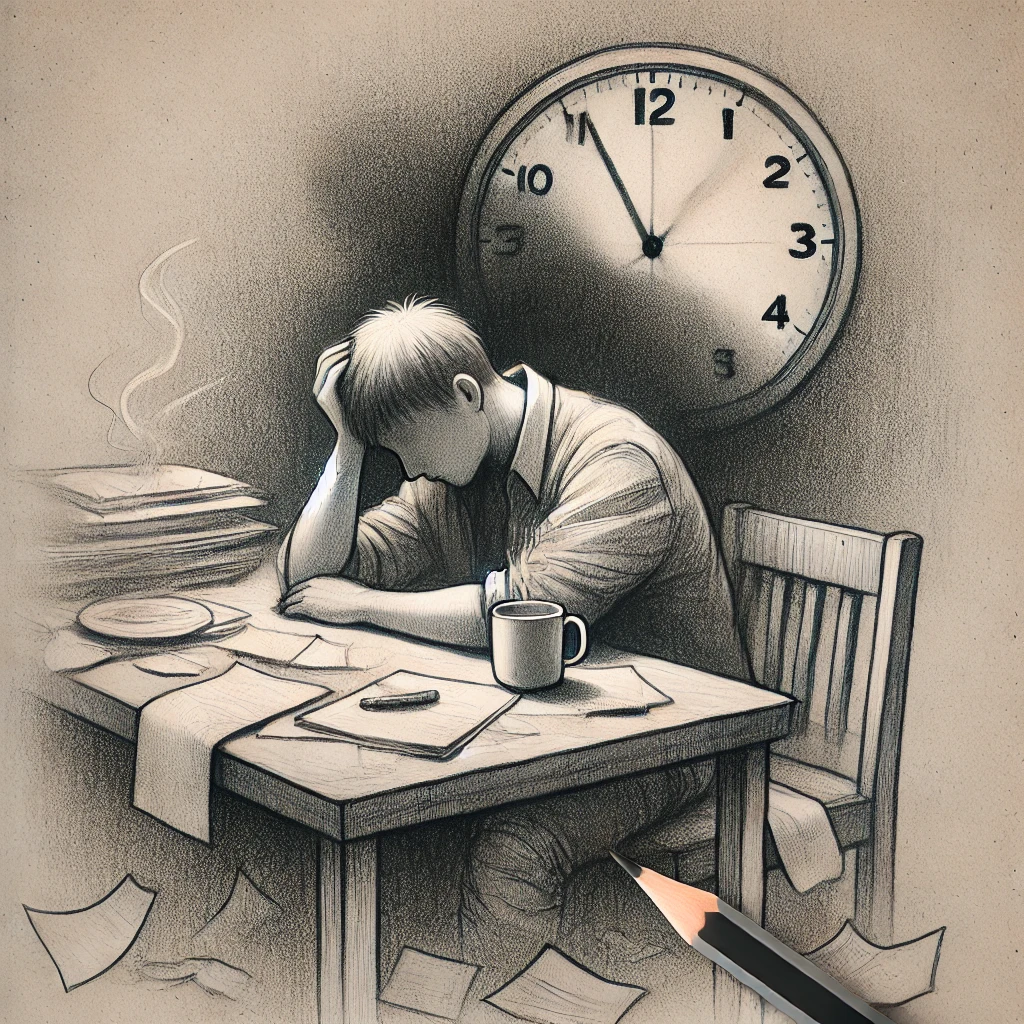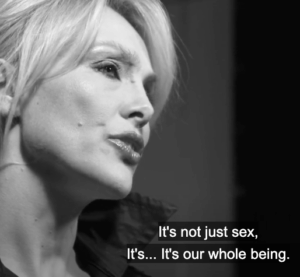We’ve all been there—feeling like every cell in your body is begging for a break, your soul is screaming for a pause, and yet the exhaustion just doesn’t seem to go away. But what if that fatigue isn’t just the result of too many late nights or too much work? What if it’s something deeper—something that resembles depression? After all, depression often starts with a sense of losing perspective, the kind that makes everything feel flat and meaningless. In this article, I’am going to explore the difference between fatigue and depression, how to recognize the signs of each, and how to avoid losing yourself in that emotional maze.
Fatigue vs. Depression: What’s the Difference?
Fatigue is the kind of feeling that hits after a long, stressful week—when you’ve been running on empty, juggling work, family, social obligations, and maybe a few too many Netflix binges. You feel like the world is just a little bit heavier, but it’s temporary. You rest, and you feel better. Depression, on the other hand, is an entirely different beast.
Fatigue is usually a response to physical or emotional stress. It could come from overworking, lack of sleep, or feeling overwhelmed by your to-do list. The key here is that it’s temporary. You know that after a good night’s sleep or a weekend off, you’ll feel like yourself again.
Depression, however, doesn’t just go away with sleep. It seeps into your soul, dulling your thoughts and emotions, making you feel like there’s no way out. Unlike fatigue, depression is characterized by a sense of hopelessness, the kind of overwhelming feeling that the future is bleak, and nothing you do will ever make a difference.
Symptoms of Fatigue
Fatigue might sound like a mild annoyance, but the truth is it can feel all-consuming. However, recognizing it early can help you deal with it before it becomes more serious. Key symptoms include:
- Physical exhaustion. Your body feels like it’s been hit by a truck. Every step seems to require more effort, and you can barely lift your head off the pillow.
- Lack of energy. You’re tired all the time, no matter how much you sleep. The thought of doing anything feels exhausting.
- Difficulty concentrating. Even simple tasks seem insurmountable. You can’t focus, and your brain feels foggy.
- Sleep disturbances. You might find yourself tossing and turning all night, or on the flip side, sleeping for what feels like an eternity but never feeling refreshed.
If these symptoms persist for weeks without improvement, it could be time to consider the possibility of depression.
When Does Fatigue Turn Into Depression?
Fatigue is typically short-lived. You push through, rest, and carry on. But when fatigue drags on for weeks, or even months, it starts to feel less like a temporary issue and more like an overwhelming weight. The difference between fatigue and depression can be subtle, but here are some key signs that the fatigue might be something more:
- Feeling hopeless. When fatigue starts to come with a sense of hopelessness, like nothing will ever get better, that’s a red flag.
- Loss of interest in things you once loved. Hobbies, relationships, work—nothing excites you anymore, and nothing seems to matter.
- Struggling with self-worth. You begin to feel like you’re not enough, or that nothing you do can make a difference.
- Physical symptoms. Alongside emotional turmoil, depression often brings physical issues like headaches, stomachaches, or changes in appetite.
How to Tell If It’s Not Just Fatigue
Sometimes, fatigue is just that—fatigue. We push ourselves too hard, and our bodies and minds scream for a rest. But when you’re feeling emotionally numb, hopeless, and unable to find any joy, that’s a sign that it could be more serious. Depression doesn’t just make you tired—it makes everything feel pointless, and it doesn’t go away with sleep.
If your fatigue is paired with feelings of deep sadness, emptiness, or hopelessness, or if it lasts longer than a few weeks, it’s time to take a step back and really assess what’s going on.
How to Deal with Fatigue
- Take the time to rest. It sounds simple, but sometimes we forget how important sleep and downtime are. Make rest a priority. Sometimes all you need is a weekend to recharge.
- Listen to your body. Fatigue is your body’s way of saying, “Hey, I need a break.” Don’t ignore those signals.
- Schedule downtime. In a busy world, downtime often feels like a luxury. But it’s necessary. Block off time for yourself to unwind, recharge, and do things that bring you joy.
How to Deal with Depression
- Seek professional help. Depression is a serious condition that requires professional intervention. Whether it’s therapy or medication, don’t hesitate to reach out to someone who can help you navigate it.
- Move your body. Exercise, even in small amounts, can have a significant impact on your mood and help alleviate symptoms of depression.
- Don’t isolate yourself. It’s tempting to shut yourself off from the world, but connecting with others—whether through a support group or close friends—can be healing.
- Ask for help. There’s no shame in admitting you’re struggling. Asking for help is often the first step toward feeling better.
Fatigue and depression may look alike at first glance, but they’re two very different things. Fatigue is temporary; depression is persistent and deep-rooted. It’s crucial to recognize the difference early so you can take the necessary steps toward feeling better. Remember: we all deserve to feel energized, inspired, and alive. Understanding when it’s time to rest and when it’s time to seek help can make all the difference.
If you recognize yourself in these words, I’m here to help 💛
Warmly, Ksenia Trefilova




